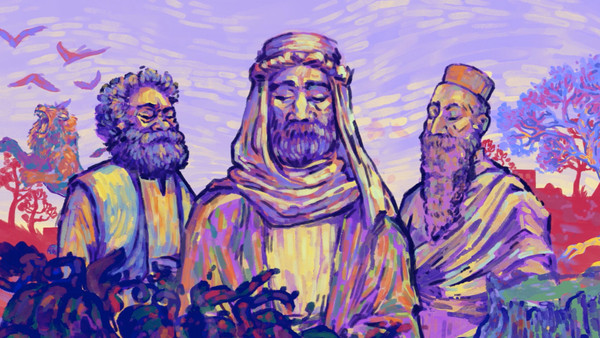
5:18

The books of the Old Testament prophets are packed with dense poetry and wild imagery. If you’ve tried to read them, odds are you were both intrigued and confused. In this video, we’ll learn how these prophetic books contribute to the storyline of the Bible and why it’s worth learning how to read them more attentively.
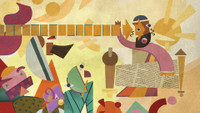
Episode 13
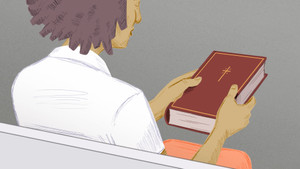
Episode 1
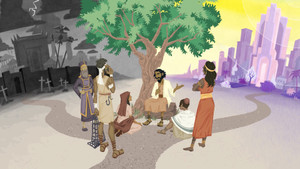
Episode 2

Episode 3
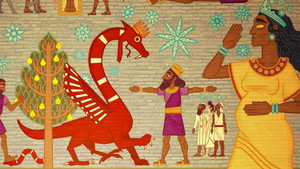
Episode 4
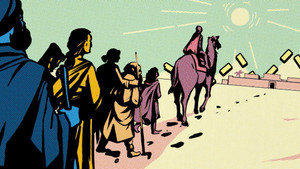
Episode 5
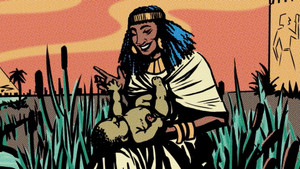
Episode 6
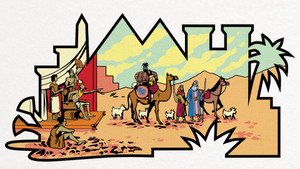
Episode 7
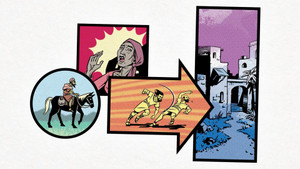
Episode 8
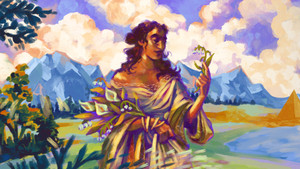
Episode 9
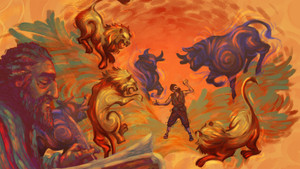
Episode 10
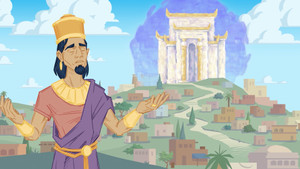
Episode 11

Episode 12

Episode 13
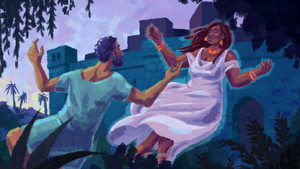
Episode 14
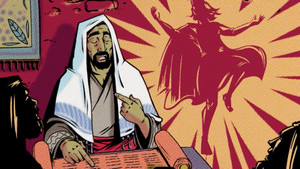
Episode 15
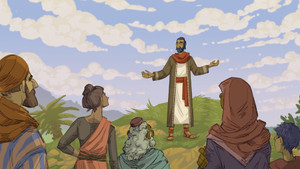
Episode 16

Episode 17
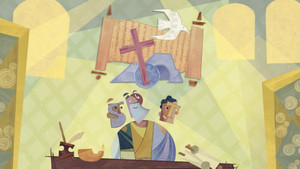
Episode 18
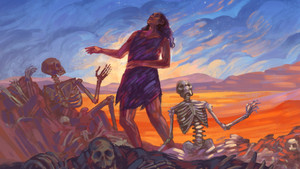
Episode 19